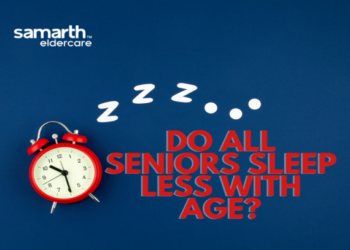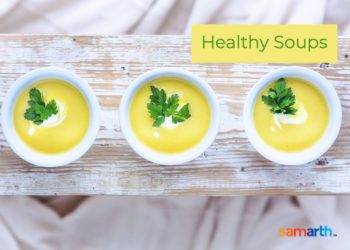From the beginning, we have known that Covid19 is a disease that affects our lungs and can cause breathing difficulties. This is why people need external medical oxygen to help them breathe. This is also why many people end up needing intensive care for the damage to the lungs. Doctors across the worlds are now stressing on the health of the lungs as a factor to fight Covid19. It means that the healthier your lungs are, the better off you will be from minimising damage. It gives you a better chance to fight it out and overcome the disease. Coupled with covid appropriate behaviour and vaccination, people doing cardio or breathing exercises may help us counter this disease better.
Regular Physical Activity
If you stopped going for walks because of the pandemic and the lockdown, perhaps it’s time to pick it up again. You need not step out if there are regulations, and even if you do, you need to be extremely careful. But you could well try and use your hall, balcony, terrace, etc., to stretch your legs a bit. A brisk walk is said to do a lot of good, as it gets you to breathe faster and your heart rate goes up.

Join Now >
If you have an indoor exercise bike, spending an optimal time on it is very good. These exercises can slow down the lung function decline and even boost it. Any aerobic activity is said to help you get air into even the deepest part of your lungs. This may not happen when you sit down in a place and do breathing exercises. Also, aerobic activities help obtain more oxygen from the environment around you. It even cleans up a lot of toxins that we have breathed in, thus reducing the chances of pneumonia. Hence, ensure that you do at least 10 to 15 minutes of such activities on a daily basis. Swimming is also a good option, even though in the present situation unless you have access to a private pool, it is not advisable.
Breathing Exercises
The next best thing you can do to strengthen your lungs is to do deep breathing exercises. These are a good way to get air into the recesses of the lungs and clear it of all secretions to keep it healthy. For people who are unable to do regular physical activity, this is the best bet to keep the lungs active and prevent lung function decline. This has some other benefits also, as it helps people to counter anxiety. Many people are advised to do deep breathing exercises to counter anger or panic attacks as it helps calm them down.
The best way to do it is to sit down calmly in a place in a comfortable position. Breathe in deeply through the nose, allow your belly to rise, hold it for a few seconds, and then slowly exhale fully. This can be repeated a few times, and you may do this at any time of the day. You could also force a cough to try and get any secretions out, as that helps keep the lungs healthy. In India, most people also follow pranayams through yoga practice. If you have been following any of that, you should just continue to do the same.
A mild variation of the deep breathing exercise is called pursed lips breathing. You follow the same principle of settling in a comfortable place and breathing in deeply, but for multiple counts. Then you proceed to purse your lips as if you are about to blow out a candle and exhale through the puckered lips slowly, for multiple counts. If possible, one should exhale for more counts than inhaled. The pursed lips exercise is especially suggested by healthcare workers, especially for people having COPD, asthma, etc.
People who are already infected may experience a drop in oxygen saturation levels. A technique called proning is also suggested by doctors in such cases. This may help keep up the levels till such time help arrives; but, not all patients can do proning and hence, it should also be done only in consultation with a doctor. It is also said that the aerobic and breathing exercises can help you recover from the infection as well; for many people, this is suggested as follow-up advice. However, it is to be done with caution during recovery and not to be overdone.
Note: Please check with your doctor before you do any exercise, as certain chronic medical conditions or medicines may prevent you from doing the same.











